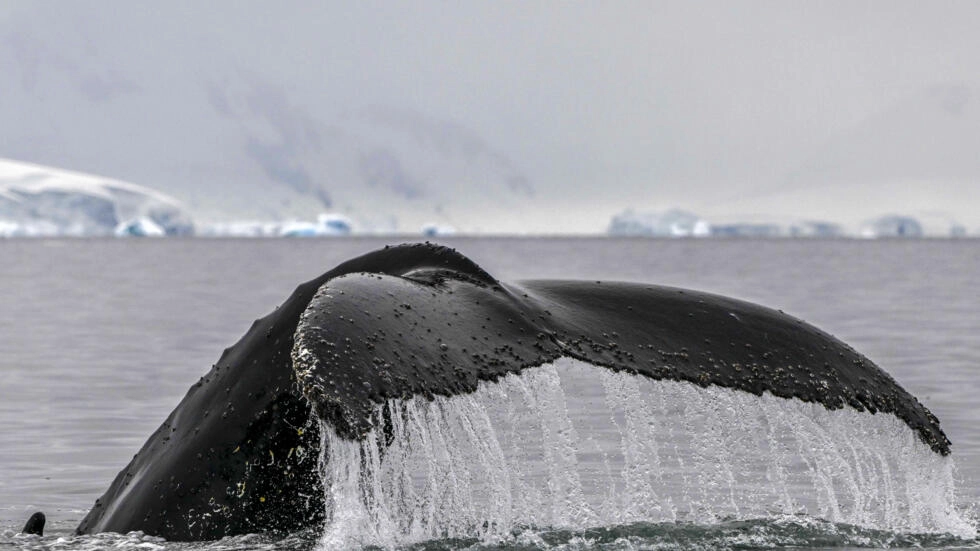WELLINGTON -- The King of New Zealand's Indigenous Maori people made an impassioned call Thursday for whales to be granted the same legal rights as people in a bid to protect the hallowed yet vulnerable species.
Kiingi Tuheitia Potatau te Wherowhero VII said that majestic marine mammals should be given inherent human rights, such as having a healthy environment, to allow the restoration of their populations.
"The sound of our ancestor's song has grown weaker, and her habitat is under threat, which is why we must act now," King Tuheitia said in a rare public statement.
New Zealand has previously passed laws granting legal status to natural features such as rivers and mountains that are important to the Maori people.
The Mount Taranaki volcano and Whanganui River, both in New Zealand's North Island, are seen by the Maori as both ancestors and of spiritual importance. They were both granted personhood in 2017.
The status has since been invoked to slow or overturn development projects and to force consultation with local groups.
King Tuheitia said granting whales the same status would act as "a cloak of protection for our taonga (treasure), our ancestor -- the whales".
The statement was jointly issued with the high chief of the neighbouring Cook Islands, Travel Tou Ariki.
The leaders are advocating for Indigenous knowledge to be combined with science for a "more holistic approach" to whale conservation.
Establishing protected marine areas would be a "crucial" step, they added.
'Vital role'
The leaders want Polynesian nations who share "a love for the vast Pacific Ocean" to help.
"We can no longer turn a blind eye," high chief Travel Tou Ariki said. "Whales play a vital role in the health of our entire ocean ecosystem. Their decline disrupts the delicate balance that sustains all life in Te Moana (the sea)."
"We must act with urgency to protect these magnificent creatures before it's too late."
Whales are some of the largest mammals on earth, with blue whales measuring up to 100 feet (30.5 metres) and weighing up to 200 tonnes, the same as roughly 33 elephants.
Yet their size doesn't protect them.
Six of the 13 great whale species are classified as endangered or vulnerable, according to conservation group the World Wildlife Fund.
The Maori, like other Polynesian groups, are believed to have originated from islands around modern-day Tahiti, but currently make up about 17 percent of New Zealand's population, or about 900,000 people.
The arrival of Europeans to New Zealand in 1642 brought colonisation, anti-Maori discrimination and pitched warfare that was eventually stopped through the 1840 Treaty of Waitangi.
The treaty, signed between the British and hundreds of Maori chiefs, is seen as the founding document of New Zealand and established British control over the country.
But it also granted the Maori the same rights as British subjects and authority over "taonga" or treasures that can be intangible.



















































